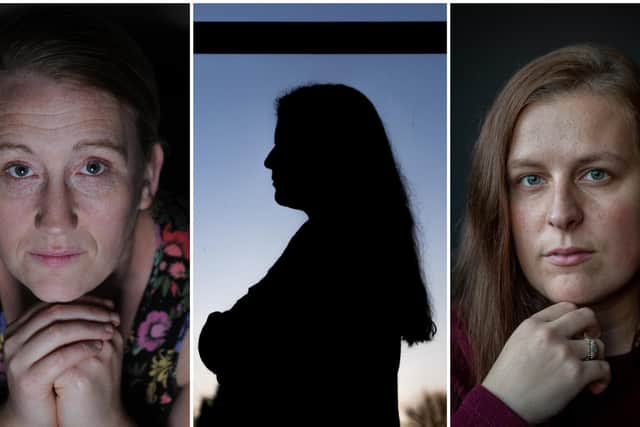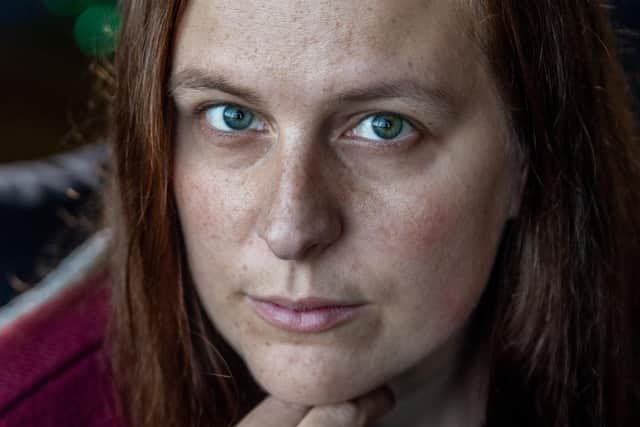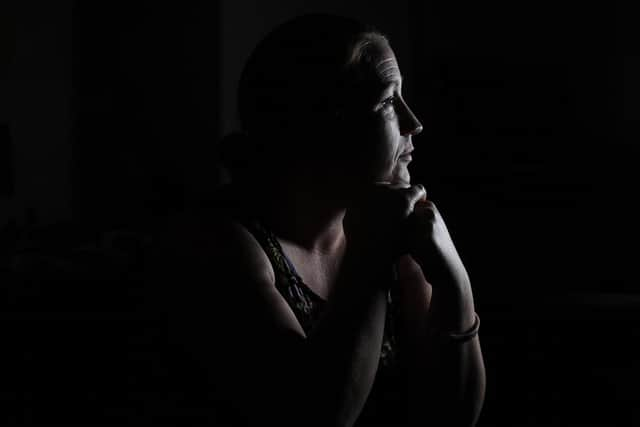We are the 95%: The Leeds rape survivors whose attackers were never charged
and live on Freeview channel 276
Rape is a crime unlike any else.
Short of taking someone's life, it is universally considered the most appalling act in the eyes of the law and in the UK carries up to 20 years in prison - more than some serve for murder.
Serial rapist Joseph McCann was given 33 life sentences and told he would serve a minimum of 30 years at the Old Bailey in December, after he went on a two-week spree of sex attacks on women and children.


Advertisement
Hide AdAdvertisement
Hide AdYet more often than not, it is the survivor who carries the life sentence.
Figures obtained by the YEPearlier this year showed that of almost 3,000 rapes reported between March 2017 and 2018, just 4.4 per cent (131) resulted in someone being charged.
However, these figures relate solely to victims who reported their rape, and charity Rape Crisis England & Wales predicts that just 15 per cent of those who experience sexual violence report the crime to the police.
In this short series of features, the YEP speaks to different survivors who are part of the 95 per cent who don't get justice, in order to challenge the ongoing stigma attached to rape, give insight to the investigation process and dispel the myths.


Advertisement
Hide AdAdvertisement
Hide AdBetween 2013 and March last year, more than 11,900 rapes were reported to West Yorkshire Police.
Rape Crisis states that around 90 per cent of cases, the perpetrator is someone known to the victim, such as a partner, friend, acquaintance or family member.
What's more, victims are banned from talking about their attack to counsellors until the case is dropped or the perpetrator is convicted, as it's thought this may affect their witness statement in a trial.
Many are forced to hand over their phones for investigations, which can last as long as two years.


Advertisement
Hide AdAdvertisement
Hide AdRape survivor Martha Ward (pictured) waived her right to anonymity to tell the YEP how she was violently raped in a hotel room but the perpetrator was never charged, despite being arrested at the scene and claiming they had had consensual sex.
Less than a year later, she was raped again by a different person, but never reported the crime because of her experience months earlier.
Rape victim Claire Ashwell (also pictured) meanwhile told how it took her years to process and report what had happened to her, by which point "too much time" had passed for the case to be referred to the Crown Prosecution Service.
Worrying figures from End Violence Against Women also show that a third of adults in Britain thought rape was only rape if it involved physical violence, while a third of males and 21 per cent of women thought flirting on a date constituted consent.
Advertisement
Hide AdAdvertisement
Hide AdElla, who was raped by a man she met through a dating app in 2017, told how the leading detective told her she should be 'more careful' when meeting people she had met online, while her own father blamed her for the attack.
She told the YEP how these attitudes "perpetuated the narrative that it is a woman's fault", an attitude which has, over time, taught men to "think it is acceptable" and that they can "get away with it".
In the age of #MeToo, the powerful accounts by these three women who were raped challenge the very culture that enables it.
These are the 95 per cent.
Read the first interview with rape survivor Claire Ashwell here.